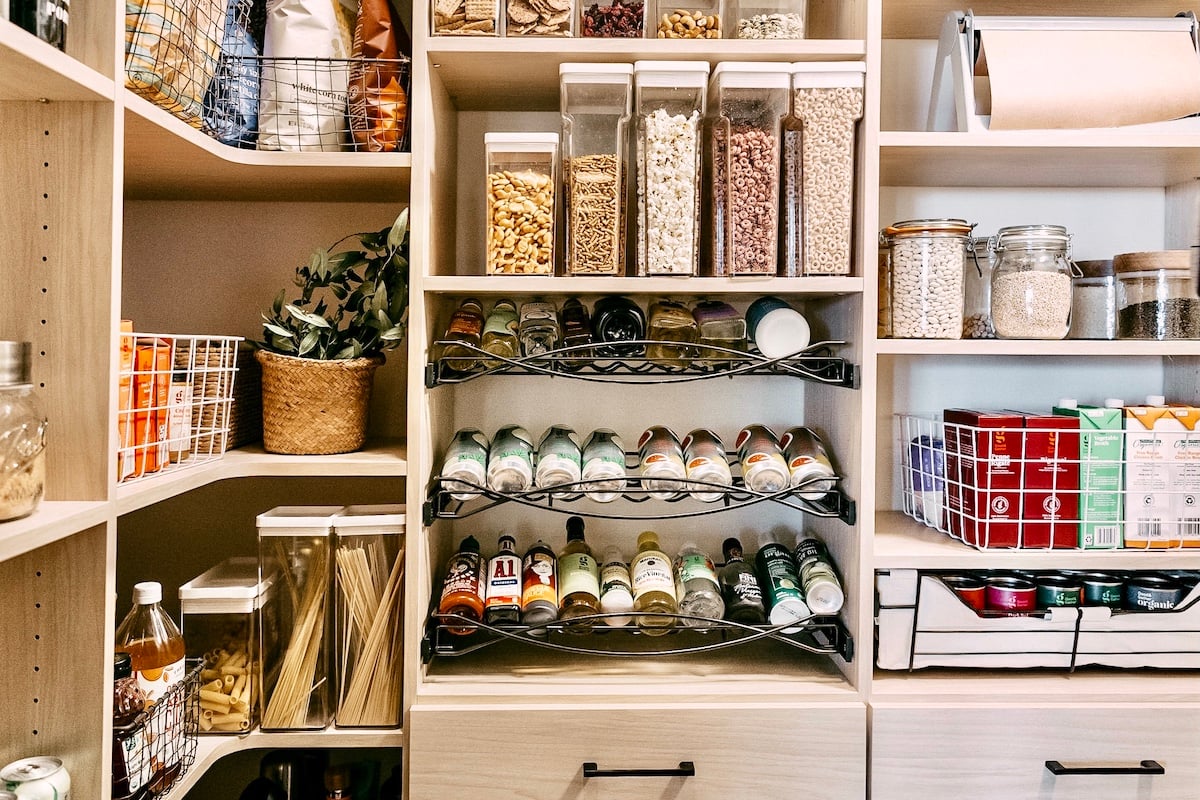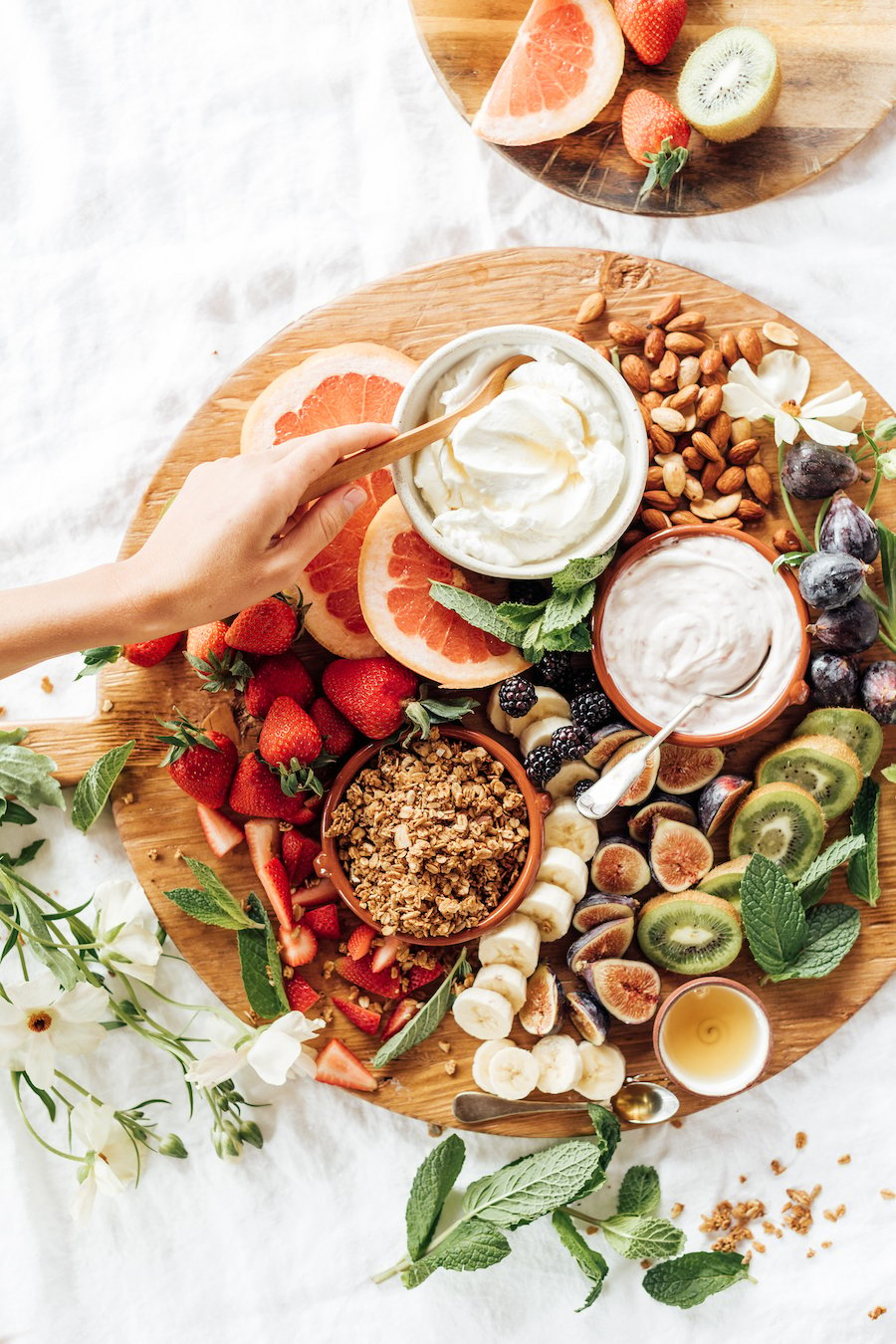How to Protect Your Cat From This Deadly Bird Flu
First things first: Stop feeding your pet raw meat and milk.

First things first: Stop feeding your pet raw meat and milk.

Credit: Phoenixns / Shutterstock.com
Bird flu has been around for a long time, but a major U.S. outbreak of H5N1, ongoing since March 2024, has raised concern for a wider spread that will affect more than just birds. Also at risk: indoor cats, who are highly susceptible to the virus and likely to experience severe illness if infected. Several animal deaths have already been reported across Oregon and California.
If you have a pet cat—or have feral or barn cats nearby—you should be aware of the symptoms of bird flu in felines and take preventive measures to protect your animals from infection.
What are the signs of bird flu in cats?
Symptoms of bird flu infection in cats may include lethargy, fever, and loss of appetite as well as mood and behavior change (such as unusual hiding or excessive sleeping). Some cats will also develop redness in their eyes and/or discharge from their eyes and nose, and may experience respiratory difficulty (labored breathing, sneezing, and coughing) or neurological symptoms (seizures or tremors).
If your cat shows any of these signs, keep them away from other cats and anyone with a compromised immune system and call your vet right away.
How to protect your cat from bird flu
There are a few preventive measures you can take to minimize the risk of your cat contracting bird flu:
Do not feed them raw meat or unpasteurized dairy, including raw milk. (Cooking and pasteurizing kills viruses and germs that are dangerous for animals.) Check the ingredients in your cat's food to ensure it doesn't contain any raw meat or dairy. Northwest Naturals has already recalled frozen pet food with raw turkey—the affected batches were sold in 12 states and in British Columbia, Canada.
You should also keep your cat away from livestock, poultry, and wild birds, all of which may carry the virus. Keep them indoors, or at least prevent them from wandering unsupervised around outside, where they are likely to encounter and hunt birds.
Finally, you should wash your hands after touching poultry and any animals, including your cat. Do not interact with sick or dead birds without sufficient protection.

 FrankLin
FrankLin 































